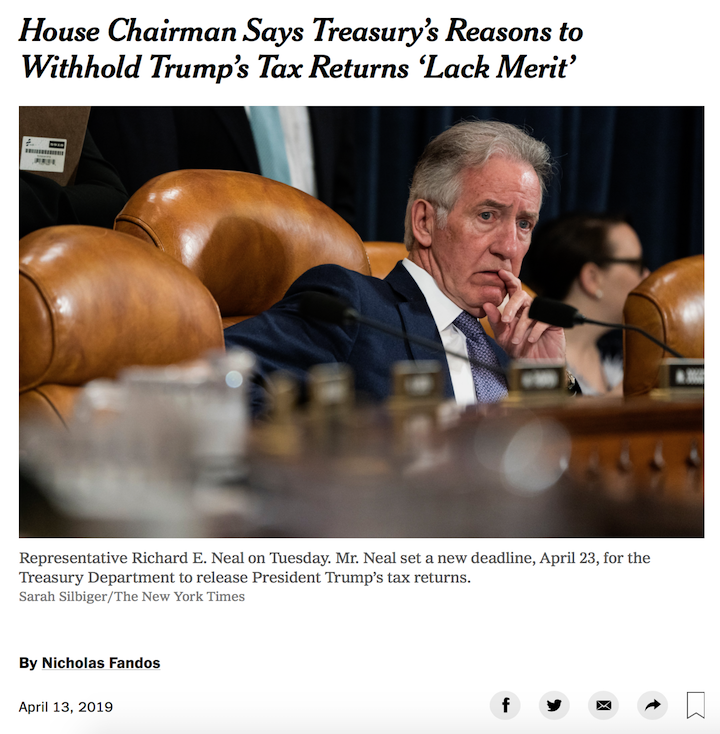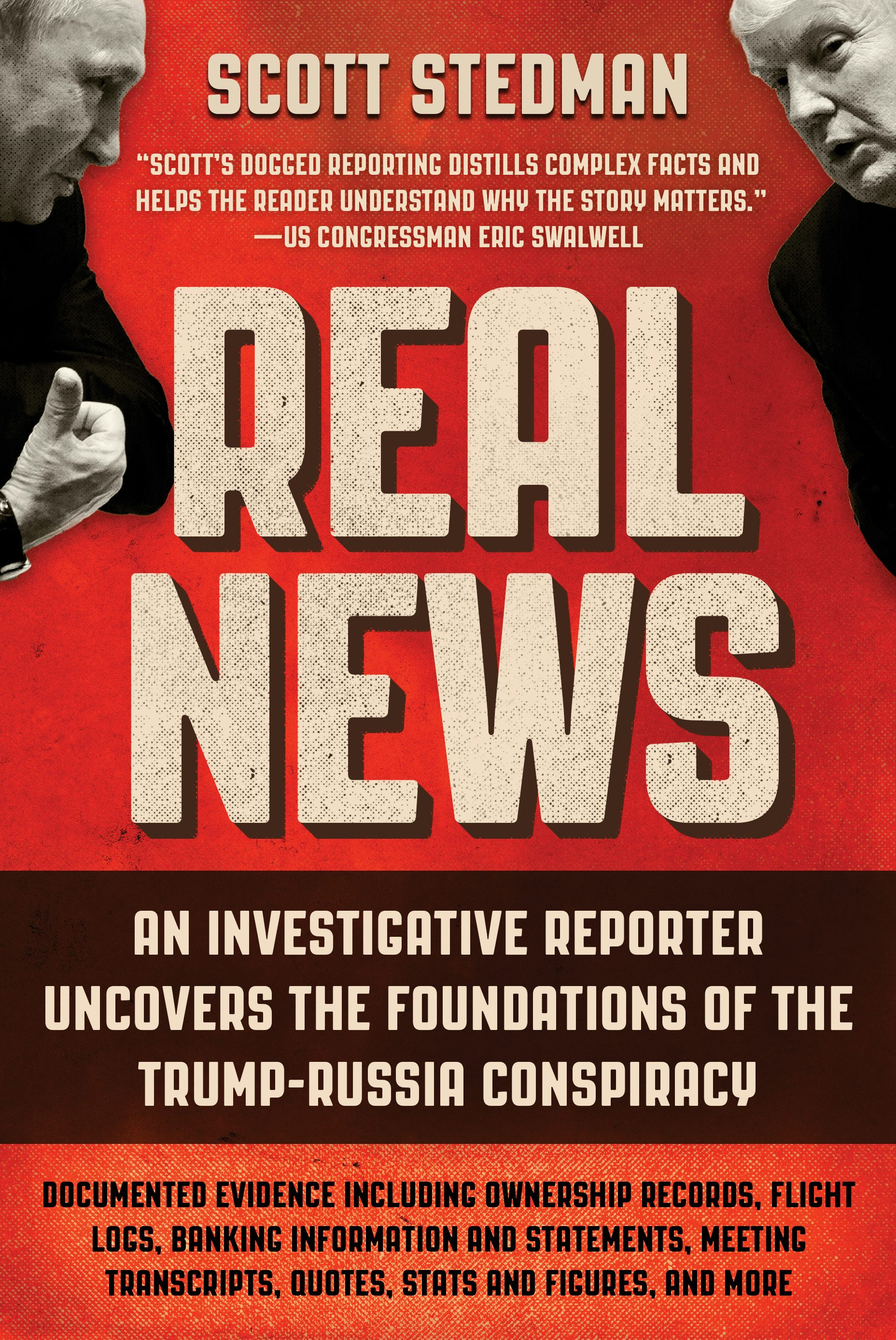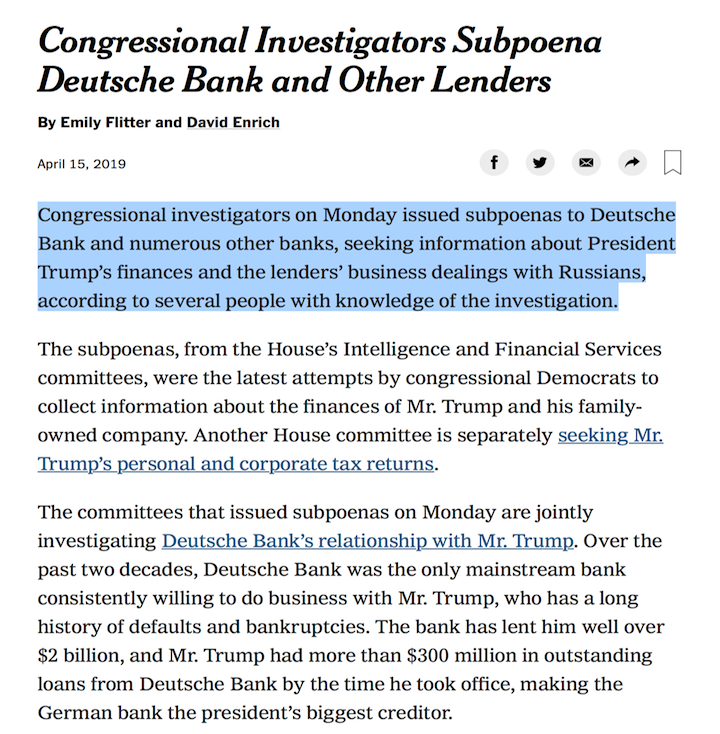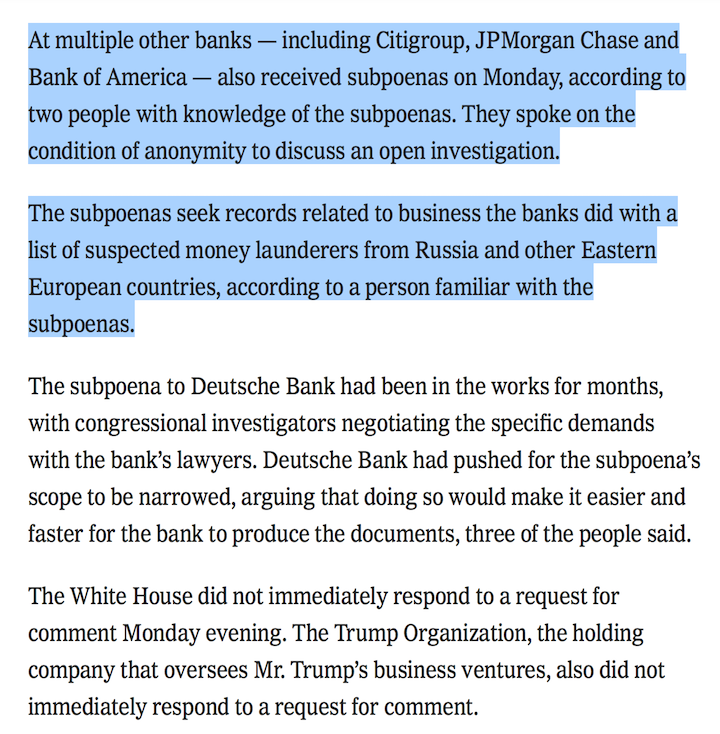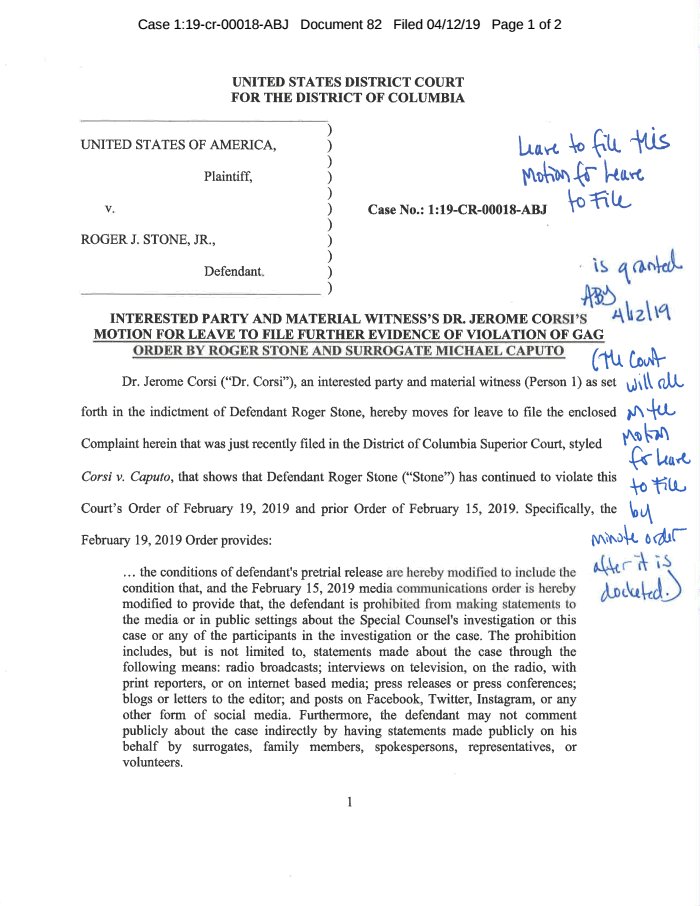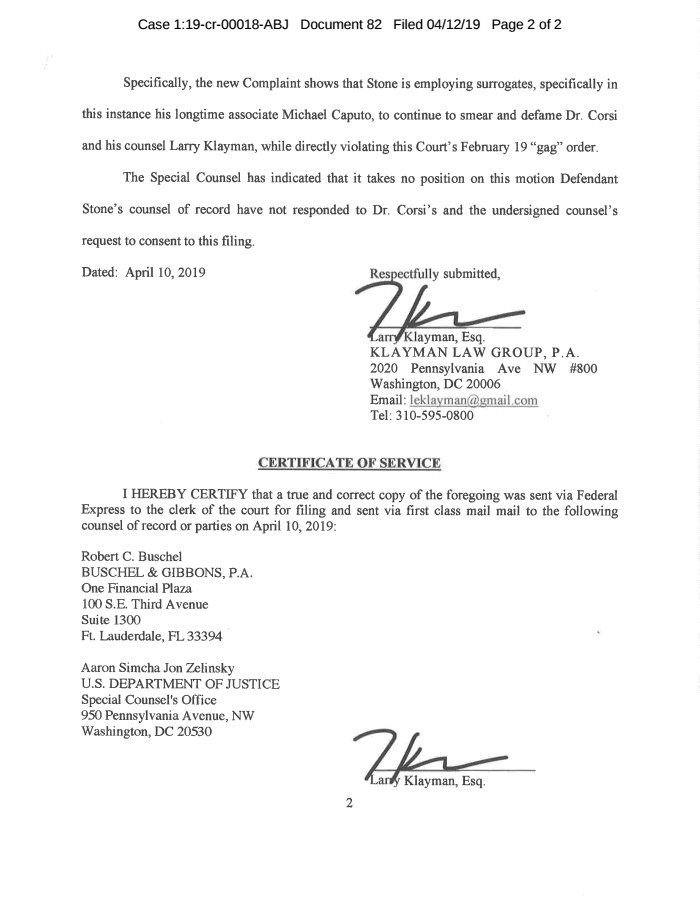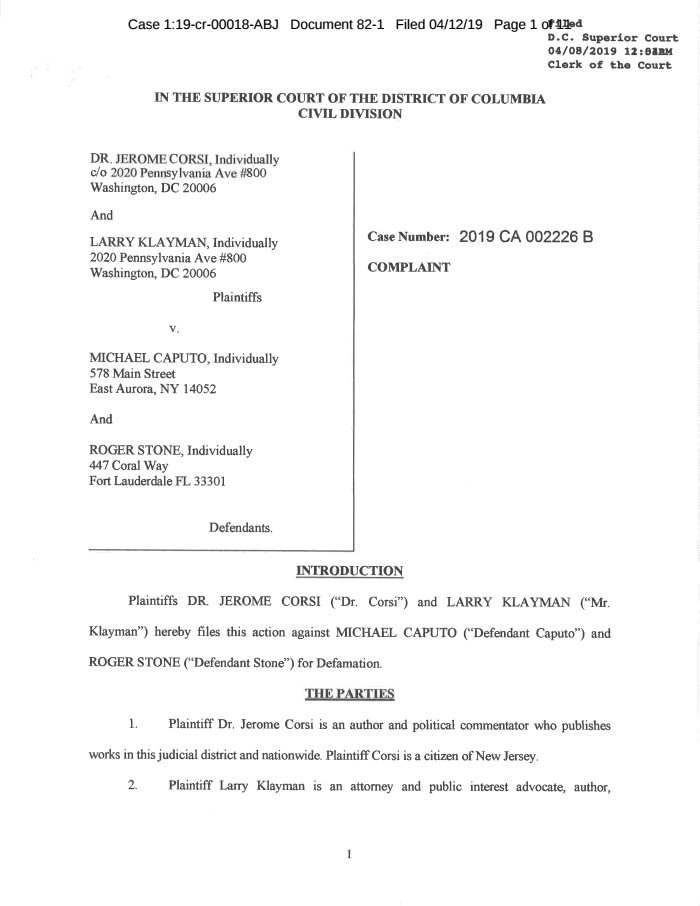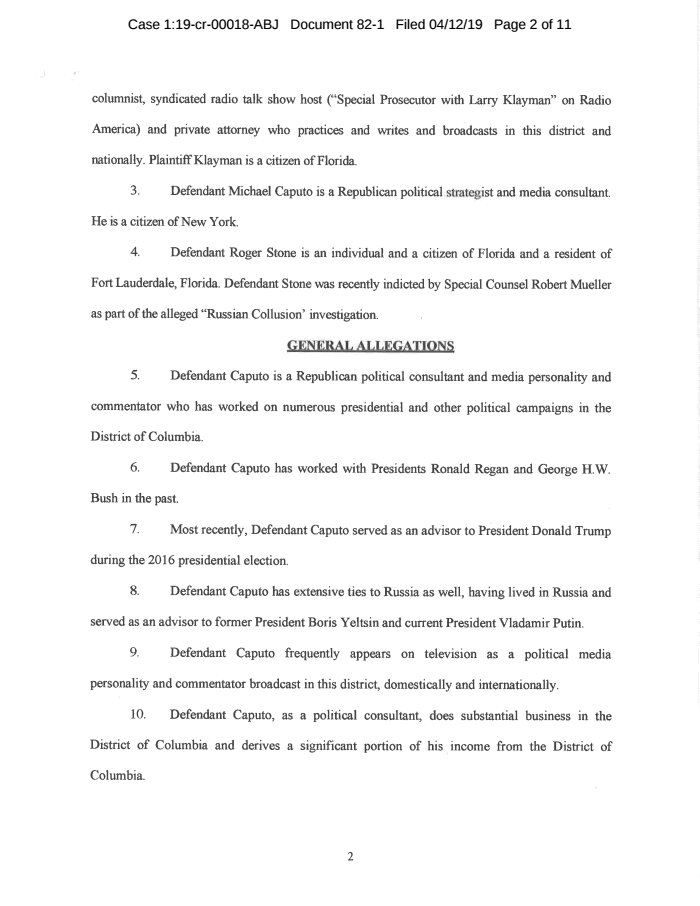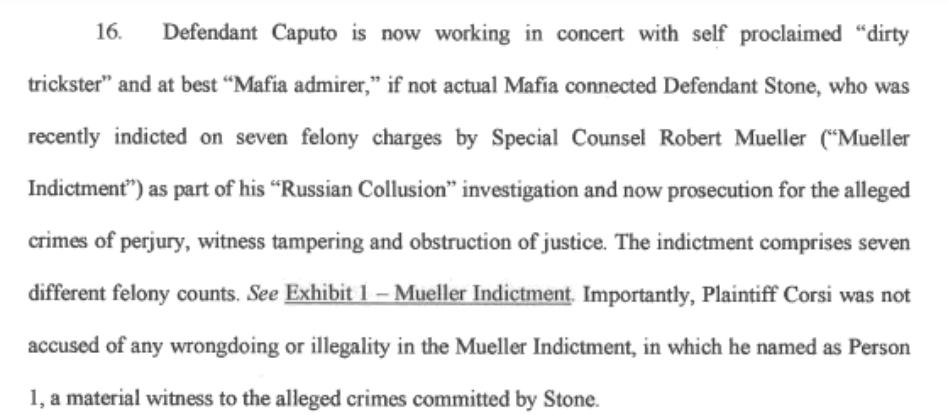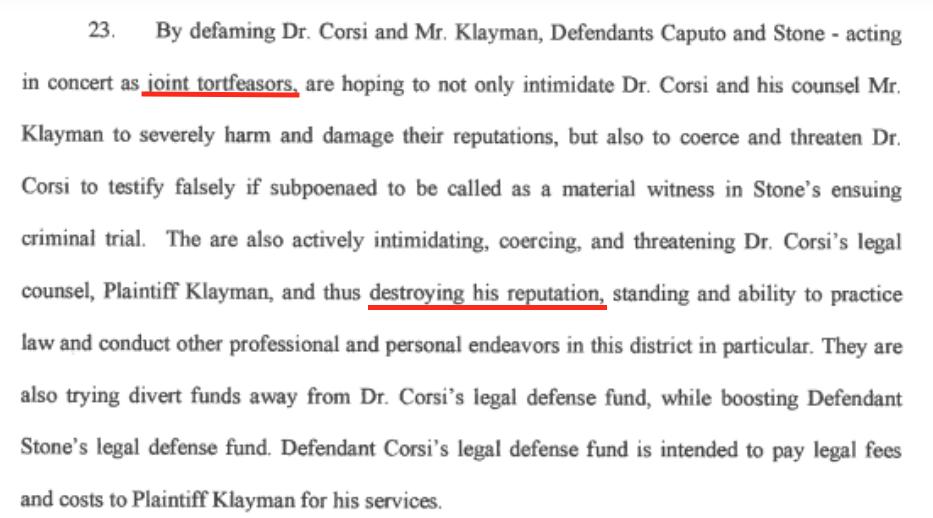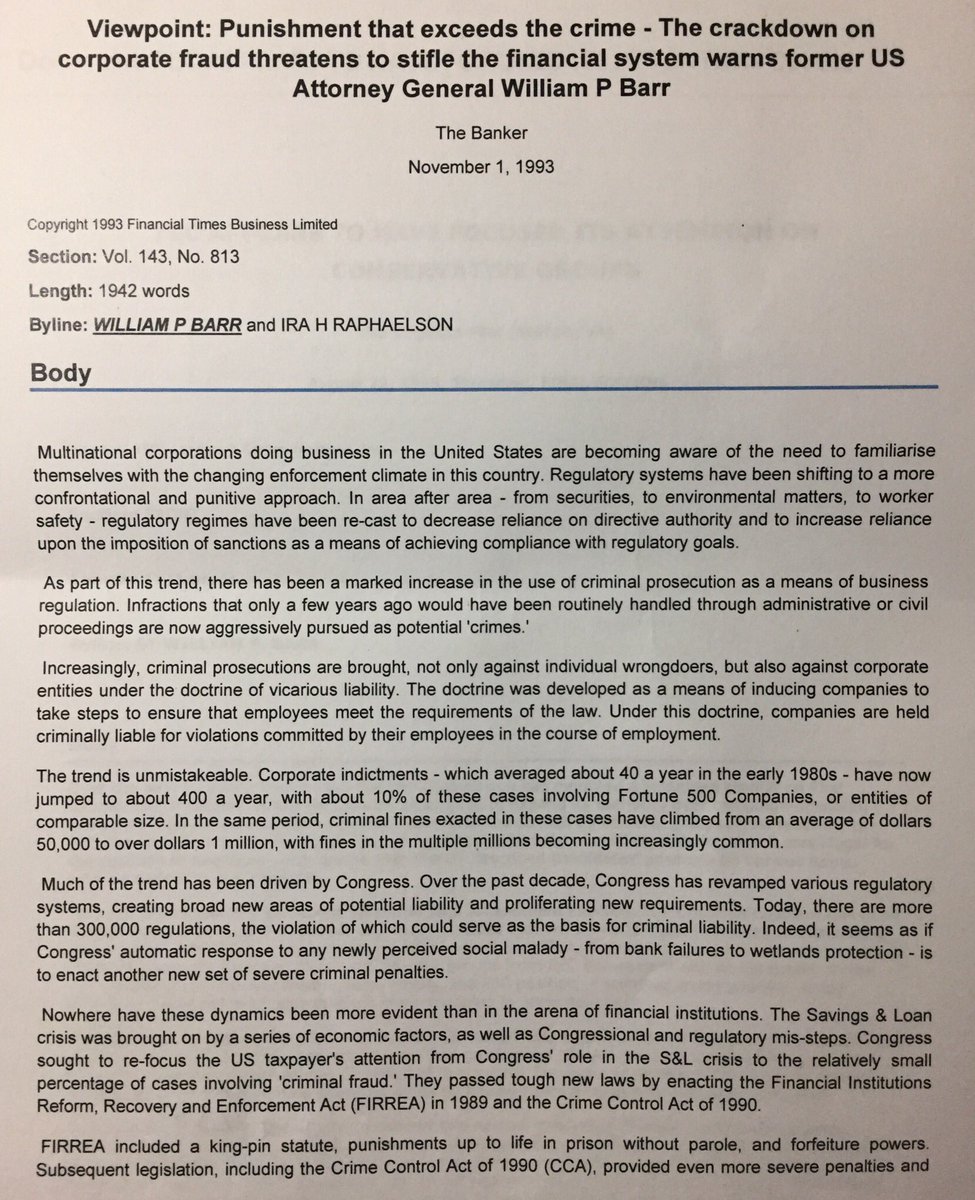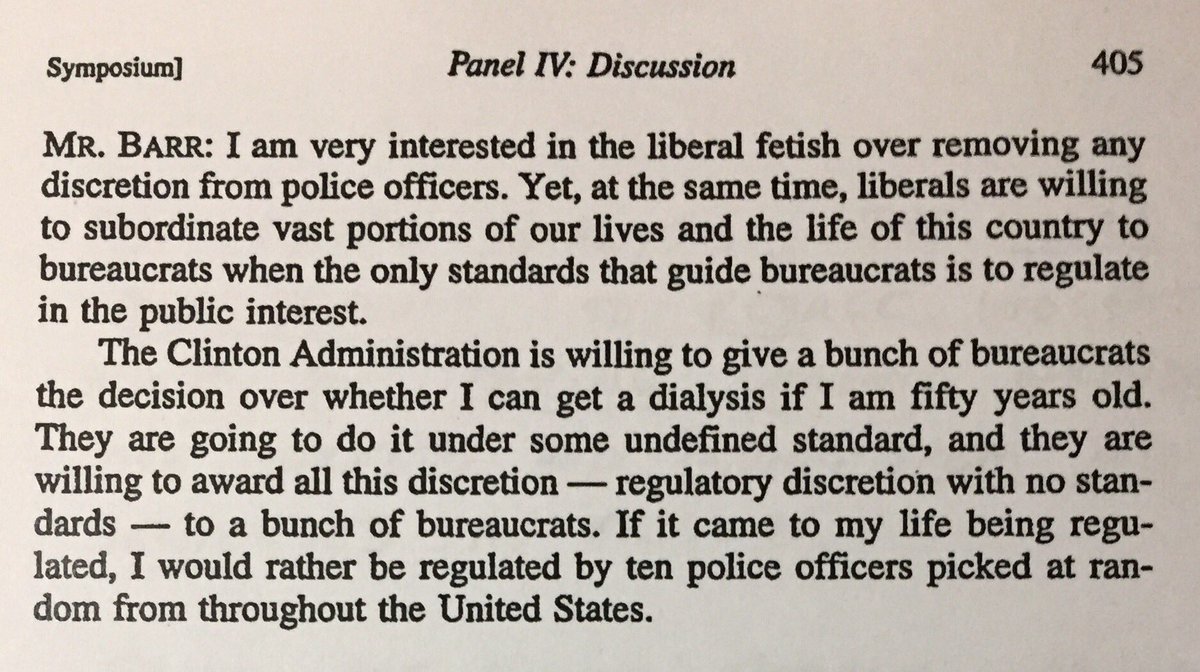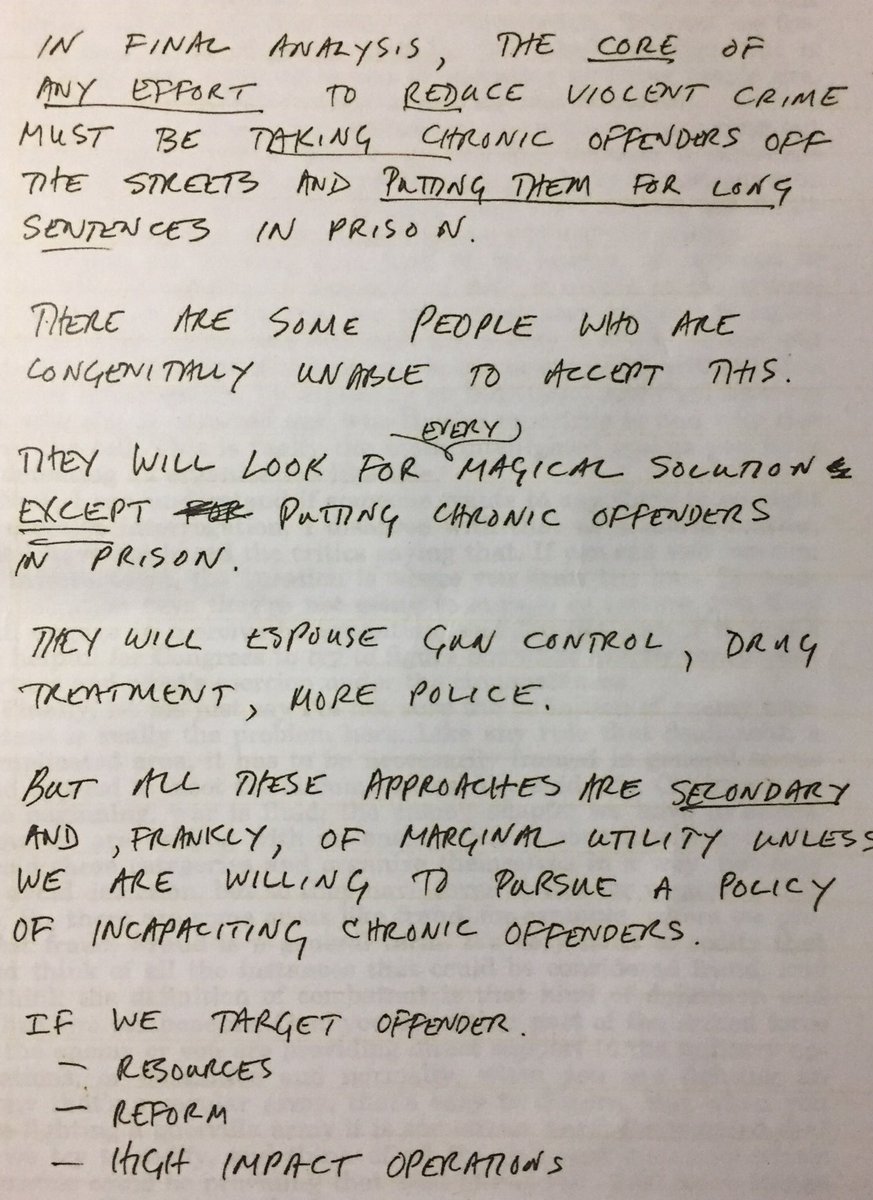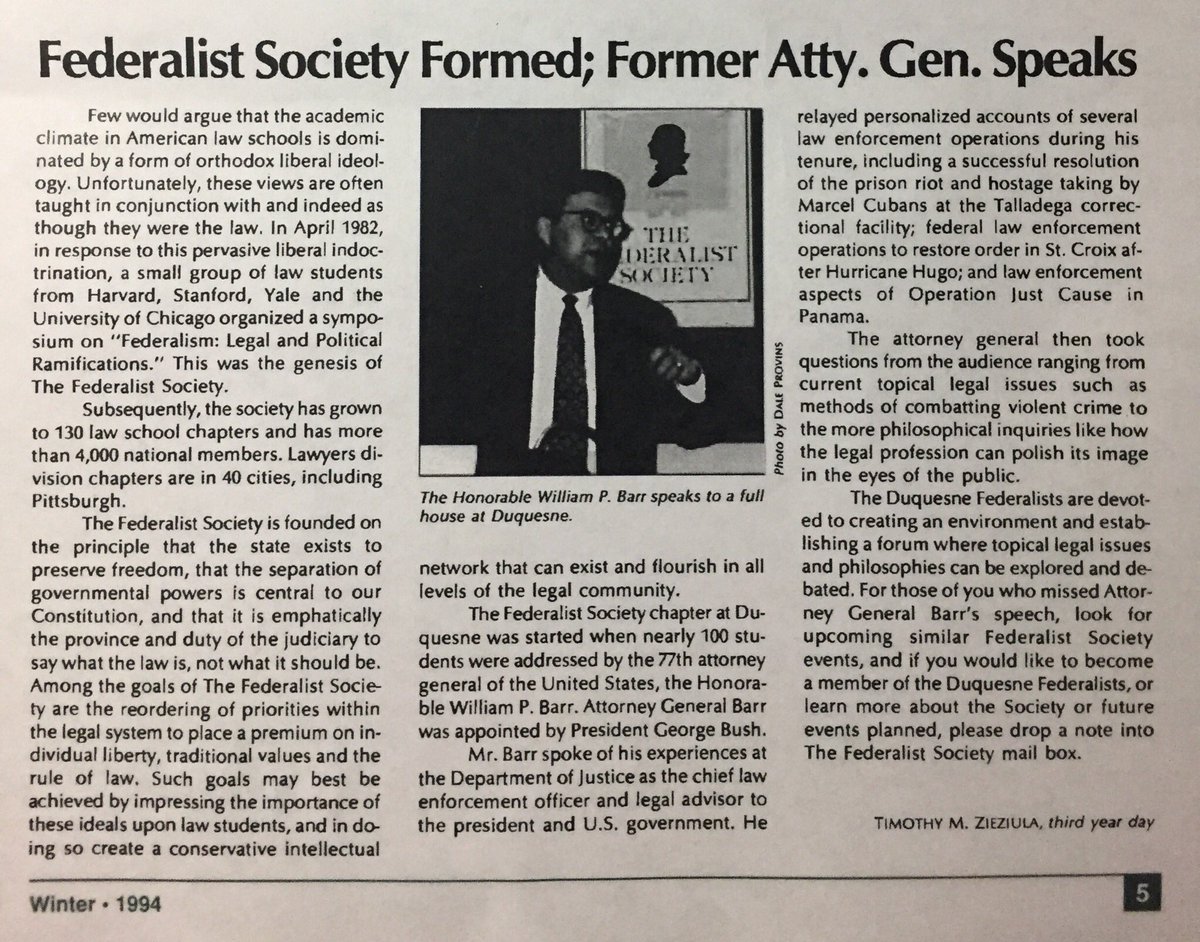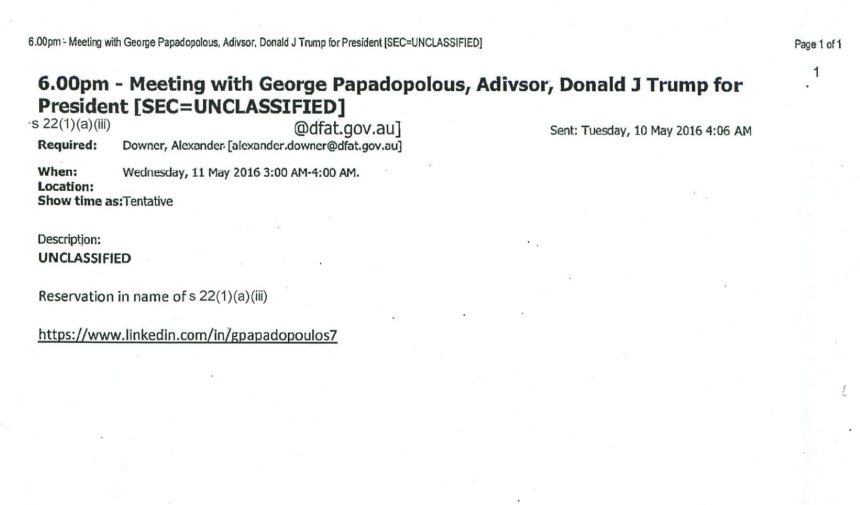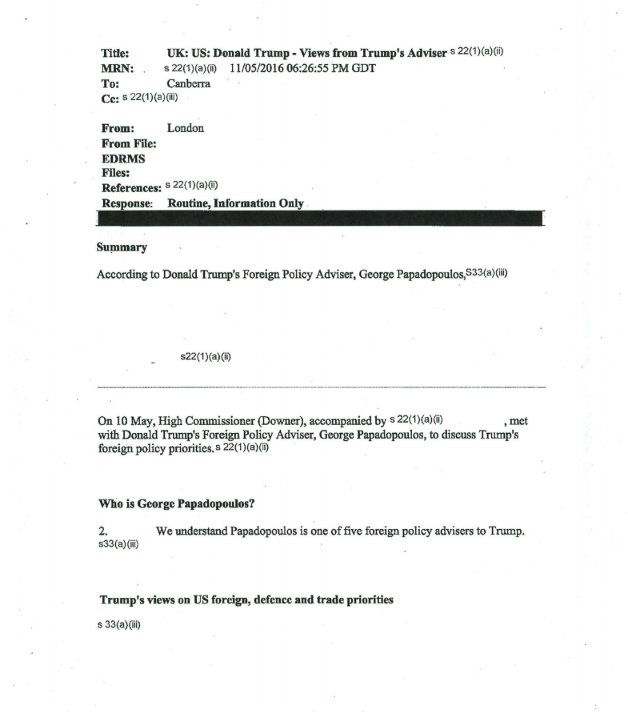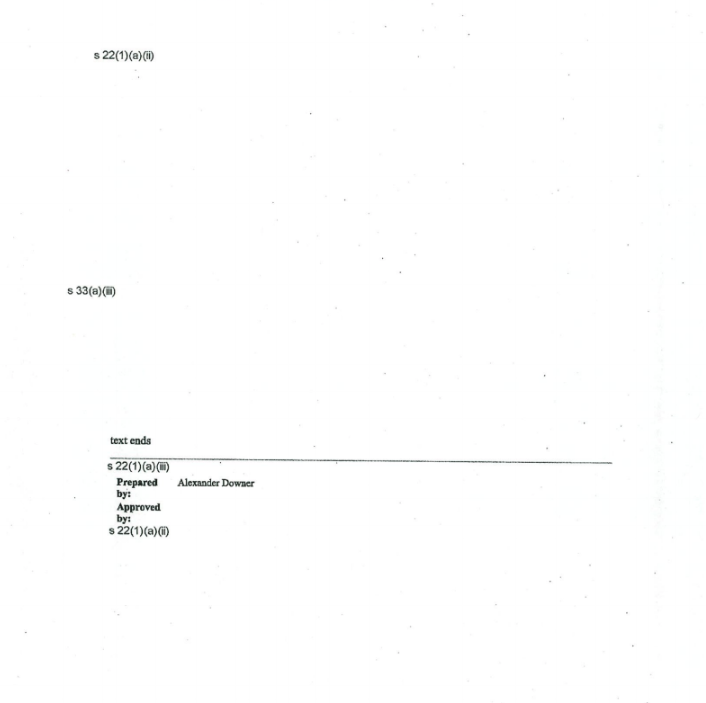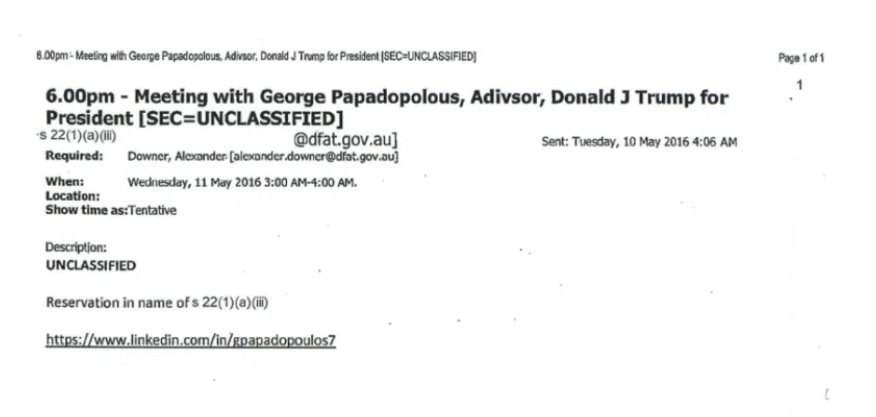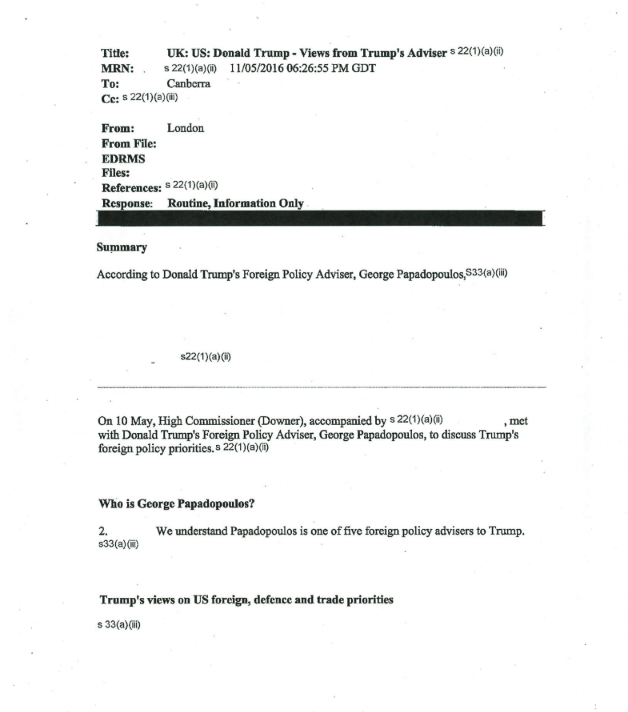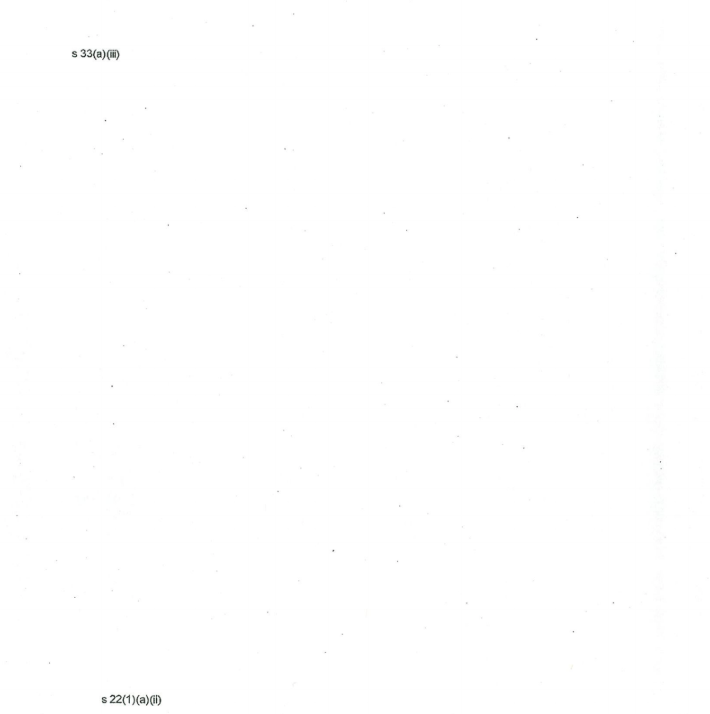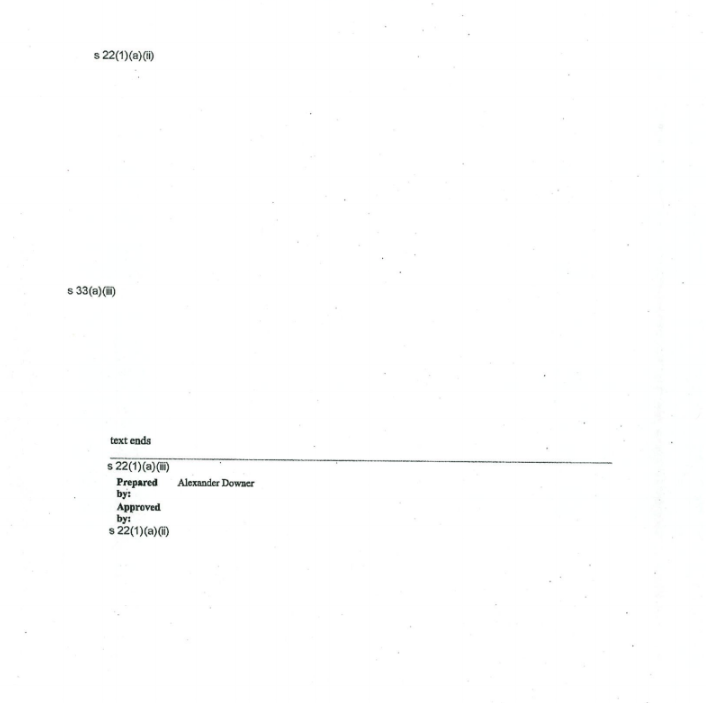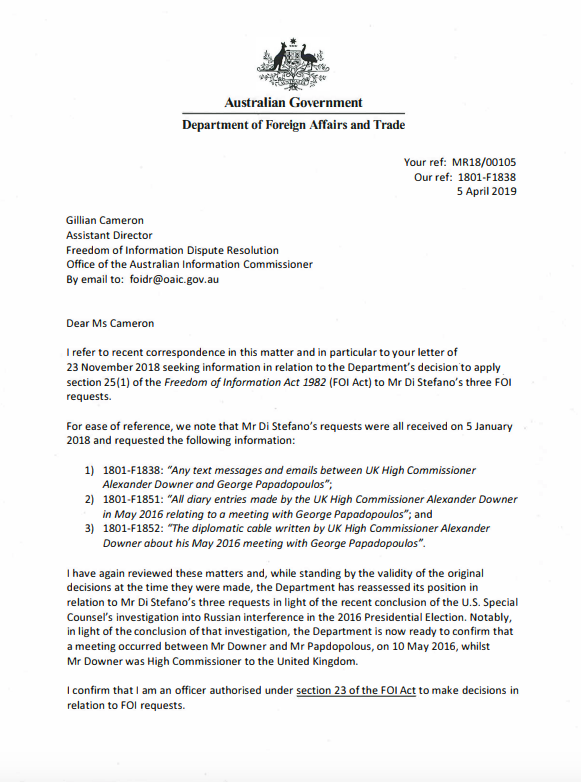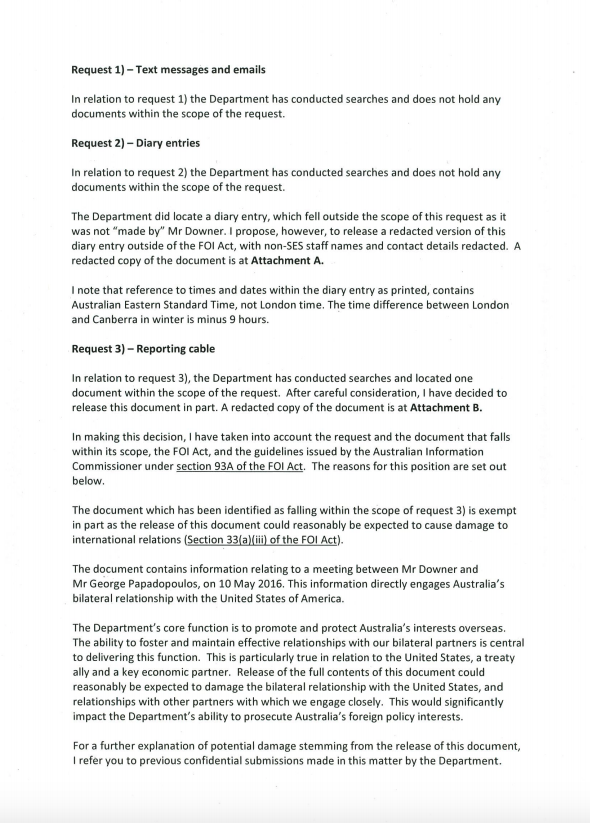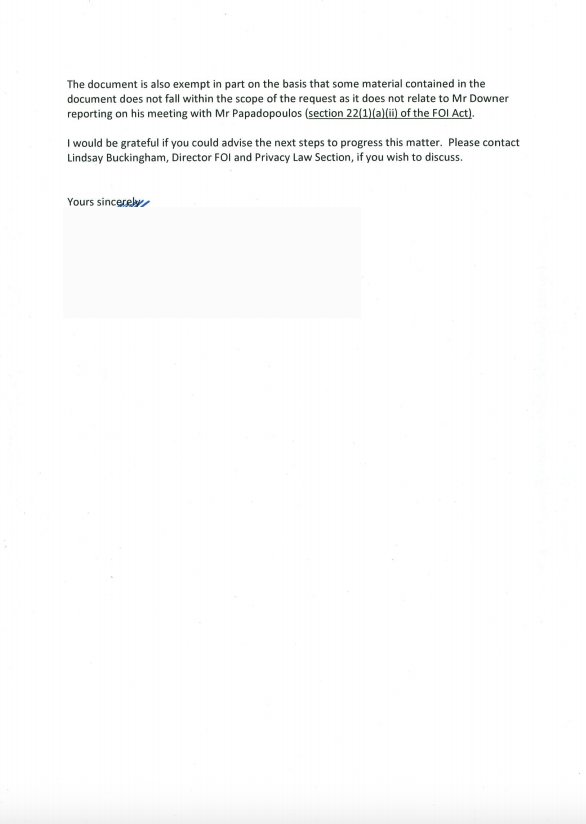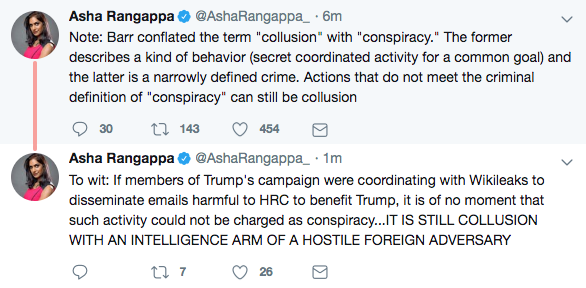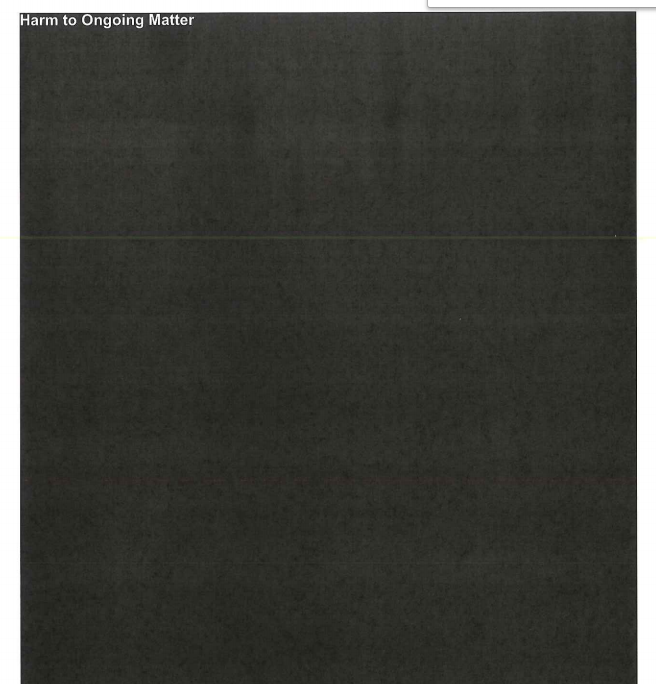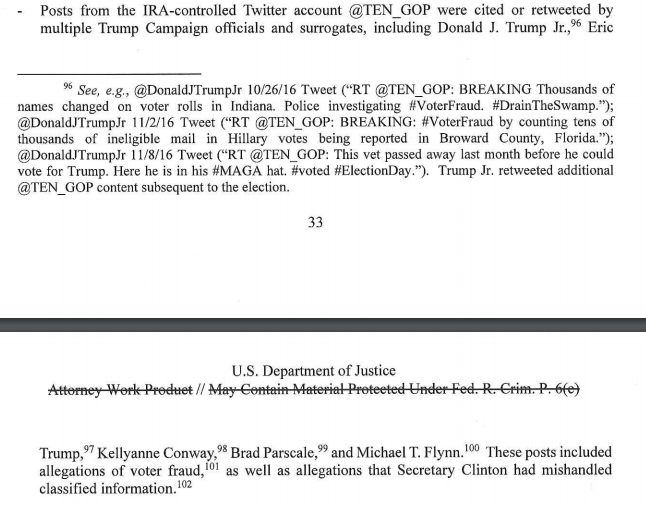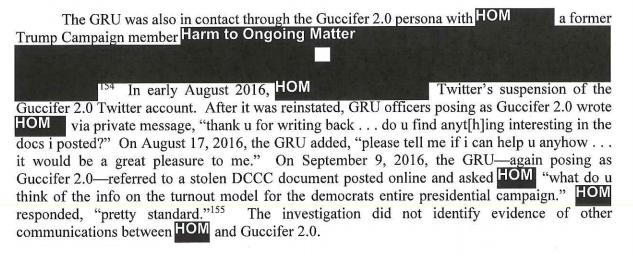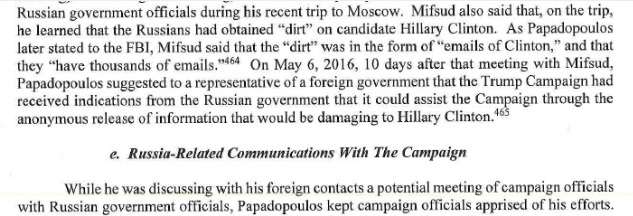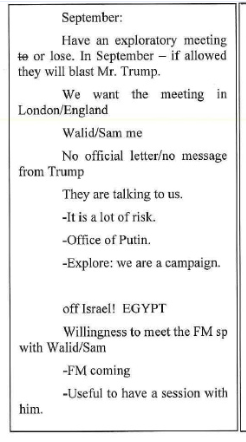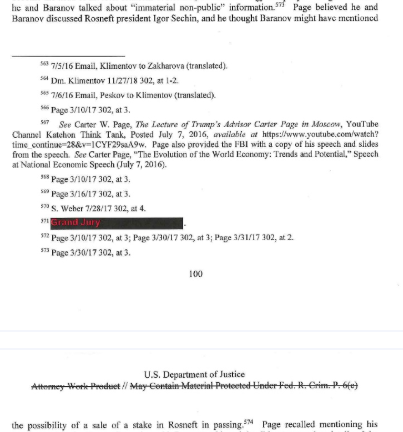Who Is the Mystery Man Tied to the Mar-a-Lago Intruder? The Puzzle Involves an Empty Lot in Colorado.
A Chinese entrepreneur with links to the Communist Party may be key to figuring out what happened at Trump’s club.
Yujing Zhang (left) listens to a hearing on April 8, 2019, in West Palm Beach, Florida.Daniel Pontet/AP
When Yujing Zhang, the Chinese woman arrested for allegedly sneaking into President Trump’s Mar-a-Lago club on March 30, appeared in court on Monday, a portion of the proceedings focused on a mysterious Chinese businessman named Charles Lee, who has ties to the Communist Party and the Chinese government and who appears to be at the center of this episode. A Mother Jones investigation of Lee has uncovered more questions about his business ventures and background.
According to an affidavit filed by the Secret Service, Zhang was arrested carrying four cellphones, a laptop, an external hard drive, and a thumb drive containing malware. She told a Secret Service agent she had been invited by a Chinese friend named Charles to a “United Nations Friendship Event” between China and the United States at Trump’s resort, where she hoped to “speak with a member of the President’s family about Chinese and American foreign economic relations.” At the hearing, prosecutors noted that during a subsequent search of Zhang’s hotel room, federal investigators found nine thumb drives, five SIM cards, a device used to detect hidden cameras, and about $8,000. But Assistant US Attorney Rolando Garcia noted, “The present charges have no allegation that she’s a spy or this is espionage, or whatever…There are a whole lot of questions that remain to be answered.” And one of those questions was what role this person called Charles played in an international incident that has prompted counterintelligence concerns.
During the proceedings, Zhang’s defense lawyer, Robert Adler, indicated that the Charles whom Zhang had referenced in her Secret Service interview was Charles Lee, and he noted that Zhang had paid $20,000 to a company associated with this Chinese entrepreneur to attend an event at Mar-a-Lago. Lee ran a group with a Beijing address (which was registered as a corporation in Delaware) called the United Nations Chinese Friendship Association—a name similar to the one Zhang had cited when first questioned by the Secret Service. And the Miami Herald has reported that Lee sold travel packages to Chinese businesspeople and others that included admission to events at Mar-a-Lago that were promoted by Li “Cindy” Yang, the Trump donor who founded a chain of Florida massage parlors, including the Jupiter-based spa where Robert Kraft, the New England Patriots owner, was busted in February for allegedly soliciting prostitution. (According to Yang, she sold the Jupiter location sometime in 2012 or 2013.) As Mother Jones first reported, Yang also ran a business, GY US Investments, that offered Chinese clients opportunities to “interact with the president” and other political figures at Mar-a-Lago and elsewhere. The firm’s website, which has since been taken down, promoted an event at Mar-a-Lago scheduled to begin later on the same day Zhang was arrested at Trump’s club. (That event had been canceled after Mother Jones and the Herald reported on Yang’s activities.)
Monday’s court hearing for Zhang drew more attention to Lee, whose real name is Li Weitian and who has referred to himself as “Prince Charles.” Previous stories by the Washington Post and Mother Jones revealed that aspects of his background did not fully check out. A Post reporter visited the address listed for the Beijing office of his United Nations Chinese Friendship Association (UNCFA) and found no organization of that name there, and the paper could not document claims Lee made about his education. Mother Jones reported that his UNCFA had links to Chinese Communist Party and government entities and that the group claimed that two US congresswomen and Transportation Secretary Elaine Chao were UNCFA officials. (They all denied any connection to Lee’s organization.) Nevertheless, Lee had managed to attend at least one Trump fundraiser and had posted photos that appear to show him with Trump and Trump’s sister, Elizabeth Trump Grau, as well as with former UN Secretary-General Ban Ki-moon.
And there are other odd elements of Lee’s past. Two online business cards for Lee listed him as the CEO or head of a variety of companies and organizations, including some that did not appear to be engaged in significant activities, among them an outfit called the United Nations Fund for Peace and Development and another named the United Nations Peace Development Bank Ltd. UN spokesman Stéphane Dujarric tells Mother Jones that Lee, the UNCFA, and these entities have no connection to the United Nations and that UN lawyers are looking into stopping Lee from using the UN name. “Unfortunately many organizations around the world wrongfully claim an affiliation with the UN and then try to exploit it commercially,” Dujarric says. “It’s kind of like playing whack-a-mole to get them to cease and desist.”
A business entity called the United Nations Peace Development Bank Ltd. was registered in Colorado in 2016 as a for-profit corporation. And the United Nations Fund for Peace and Development was also registered in Colorado that same year. (Its name resembled that of a real UN organization: the United Nations Peace and Development Trust Fund, which was also established in 2016, following a pledge by the Chinese government to contribute $200 million to the United Nations over 10 years.) A Google search found no major activity for these two entities with UN-related names.
There is something curious about the provenance of these two groups. The corporate registrations in Colorado for each—the United Nations Fund for Peace and Development and the United Nations Peace Development Bank Ltd.—listed an individual named Zhenggui Wang as the corporate agent. Computer searches found no other information for Wang related to Lee, these organizations, or any similar entity or business—other than another corporate registration in Colorado for an outfit called the United Nations China University.
Here is where it gets more interesting. The address listed for Wang in the Colorado records for the United Nations Peace Development Bank and the United Nations China University was until recently an empty lot at the end of a road in Golden, Colorado. That lot was purchased in 2013 by a retired doctor from Michigan, who has asked not to be identified. He tells Mother Jones that as soon as he built a home on the property and put up a mailbox, he began receiving mail for 150 or so different business entities and people. “It was a bunch of people doing what I believe was fraudulent,” he says. “They used my empty lot as an address.” In 2017, he contacted the Colorado Bureau of Investigation about this mail and was informed the state law enforcement agency was conducting an inquiry. According to Colorado corporate records, at least a dozen firms used this address, each one registered by a person who appears to have a Chinese name.
Then there’s the address for Zhenggui Wang, the corporate agent, on the registration for the United Nations Fund for Peace and Development. That appears to lead to the office of a financial adviser in Brighton, Colorado. The adviser, Jordan Fuerst, says that for years his office has been receiving mail for a host of companies unrelated to his business. And, he notes, customs agents, postal investigators, and private detectives have frequently appeared at his door to inquire about companies that claim his office as an address. Once, he recalled, customs agents told him they had intercepted two shipping containers from China with counterfeit Ralph Lauren goods and fake Cree lightbulbs—and his office address had been listed as the recipient. Postal inspectors even set up a surveillance camera trained on his mailbox to see if they could discover anyone collecting mail from his address. “I don’t know how they’re making money,” Fuerst says. “But someone is going through a lot of work to do this.” When he first moved into this office about three years ago and noticed the influx of mail, he occasionally opened the packages addressed to phony recipients, and once he discovered a cache of hundreds of urine specimen containers (unused). Now he doesn’t accept any packages. “UPS and FedEx keep trying to give us boxes,” he says, “and we turn them away.”
So Wang, who registered these organizations with UN-related names, is associated with two addresses that seem to be used for false corporate registrations. A spokeswoman for the Colorado Bureau of Investigations confirms that its identity theft/fraud/cybercrime division has been examining both addresses “as part of an active investigation.” But she added, “I can’t provide specific details at this time.”
And in the Colorado corporation records, the United Nations Fund for Peace and Development lists its principal address in Alhambra, California, at the office of an accountant. This accountant tells Mother Jones he doesn’t know this organization, Charles Lee, or Zhenggui Wang, but he notes he has received mail for Wang at this address for years—which he called “a fraud.” On the Colorado records, the two other Wang-related groups with UN-ish names list mailing addresses at a different location in Alhambra.
What’s going on here? It’s hard to know. Lee did not respond to emails requesting comment.
On his Chinese-language LinkedIn page, Lee notes he is president of the US Wall Street Capital United Investment Group. In June 2010, through this company and two other firms, Global Chinese Alliance Development Ltd. and USA International Finance Consulting Group Ltd., Lee was part of a deal—a reverse merger—between Birch Branch, a Colorado coal company, and a Hong Kong firm called Shun Cheng Holdings HongKong Limited, which produced coke, refined coal, and coal byproducts in the province of Henan in the central region of China. This week the South China Morning Post reported that one of the participants in the Birch Branch deal was a delegate of the provincial People’s Congress in Henan. Three years later, in 2013, Birch Branch became a private company co-owned by Lee and another Chinese executive. According to a Securities and Exchange Commission filing, the company’s revenues for 2012 were $405,464,735, with a net loss of $ 33,092,652. (Timothy Brasel, the former CEO of Birch Branch, before the reverse-merger, did not return a call requesting comment.) A search for public information regarding Lee’s role in the company after it became private yielded no results.
There is still much to learn about Zhang’s alleged intrusion at Mar-a-Lago. Sorting out the connection between Zhang and Lee might be necessary for understanding what Zhang was doing at Trump’s club. At the hearing on Monday, Zhang’s attorney said he “may attempt to subpoena” Lee to testify in upcoming proceedings. Then maybe the public will end up with more answers about this Chinese businessman who calls himself Prince Charles and his involvement in an intriguing case that has raised serious concerns about espionage and security at Trump’s seaside resort.
https://www.motherjones.com/politics/20 ... -colorado/
Feds Allege Mar-A-Lago Malware Courier Knew Cindy Yang Event Was Cancelled
AFP/Getty Images
By Josh Kovensky
April 12, 2019 5:03 pm
Yujing Zhang, the woman who allegedly tried to enter Mar-a-Lago carrying malware last month, knew the event she claimed to be attending had been cancelled, south Florida federal prosecutors said Friday in a newly filed indictment.
“When asked whether she was authorized to be at the Mar-a-Lago Club and its grounds, the defendant stated she was there to attend a ‘United Nations Friendship Event,’ when in truth and in fact, and as the defendant then and there well knew, no such event was scheduled at Mar-a-Lago and its grounds,” the two-page indictment, filed on April 12, states.
That is a separate allegation from the April 1 criminal complaint, which simply said that Zhang had told Mar-a-Lago employees and Secret Service agents that she was planning on attending the event.
Zhang was charged with one count of lying to government officials and one count of entering a restricted building.
At a hearing this week, prosecutors showed a Chinese-language invitation to the “United Nations Friendship Event” that Zhang presented during her attempt to enter Mar-a-Lago. It matched an invitation displayed by south Florida massage parlor magnate Cindy Yang and featured an image of Trump’s sister Elizabeth Trump Grau.
Mar-a-Lago is seen as an intelligence risk in part because of the relatively open access it offers.
https://talkingpointsmemo.com/muckraker ... mar-a-lago
MAGA Grift Goes Global
The Mueller report might not be all about Russia. Here’s a guide to how defense contractors, right-wing think tankers, and a brain pill guru refused to let a Middle East crisis go to waste.
Featured Image
Photo illustration by Hannah Yoest. (Photo by Saudi Press Agency.)
If you’re looking to cash in on one of Washington’s swampier pastimes, you could do worse than picking a side in the lobbying and public relations war between the Qatar and the United Arab Emirates (UAE). While both countries are U.S. allies—each hosts a sizeable American military contingent—there is no love lost between them. The two gulf states nearly went to war in 2017, and have waged an expensive and at times brazen campaign for influence in Washington and within the Trump administration.
The risks in this game are substantial. Participants have been subjected to federal investigations, targeted by state-sponsored hackers, and smeared relentlessly as paid shills or supporters of terror. It may have even cost former ExxonMobil CEO Rex Tillerson his job as secretary of state.
The enormous strategic and economic stakes have made the struggle for America’s favor a lucrative one, and it’s unsurprising that names associated with MAGA grift have become involved in promoting the UAE’s campaign against Qatar. Even Pizzagate conspiracist and Infowars correspondent Mike Cernovich released a short documentary attacking Qatar last month, focusing on the country’s ties to Islamists and, ironically, its campaign for influence abroad.
You cannot make this stuff up. But to be fair, it should be noted that Qatar is not simply an innocent victim. Many of its actions have been genuinely worrying and should cause concern not only in the region but in Washington as well.
Despite the best efforts of the players involved to keep things quiet, we may be learning more about this scheme. The office of special counsel and congressional investigators have zeroed in on a mysterious January 2017 meeting in the Seychelles, apparently brokered by the UAE as part of an effort to establish a “back channel” between the incoming Trump administration and Russia. An incidental but important outcome of the Mueller investigation could be to reveal a broader scope of foreign meddling and interference with American politics and policymaking.
Before the infamous Seychelles rendezvous, several of its key participants met first at Trump Tower on August 3, 2016. Blackwater founder Erik Prince—who lives in the UAE and helped the country form a paramilitary force—arranged for Donald Trump Jr. to meet George Nader, a Lebanese-American adviser to UAE crown prince Mohammed bin Zayed (MBZ), and Joel Zamel, an Israeli social media entrepreneur. According to The New York Times, the future president’s son “responded approvingly,” and after the election, Nader paid Zamel a sum of up to $2 million:
There are conflicting accounts of the reason for the payment, but among other things, a company linked to Mr. Zamel provided Mr. Nader with an elaborate presentation about the significance of social media campaigning to Mr. Trump’s victory.
Accounts differ as to the purpose of the secretive post-election gathering in the Seychelles — whether it was arranged for business purposes or to establish a diplomatic “back channel” between the U.S. and Russia. George Nader reportedly told a grand jury that Erik Prince visited the remote island nation as an emissary of the incoming Trump administration. During his visit, Prince met with MBZ and Kirill Dmitriev, who runs Russia’s $10 billion sovereign wealth fund. While it remains unclear exactly what the group discussed in the Seychelles, political tensions in the gulf would ramp up in the months to come.
In May 2017, President Trump visited Riyadh to attend the multilateral Arab-Islamic-American Summit, which is probably best remembered for its photograph of the president “touching the orb” with the leaders of Saudi Arabia and Egypt. We don’t know what particular assurances Trump may have provided at the summit, but two weeks later, a Saudi-led bloc of countries cut diplomatic ties with Qatar and imposed an economic embargo against the country.
Almost immediately, President Trump tweeted his support for Qatar’s isolation and signaled that the move received his endorsement at the Riyadh summit.Donald J. Trump
Verified account
@realDonaldTrump
Follow Follow @realDonaldTrump
More
During my recent trip to the Middle East I stated that there can no longer be funding of Radical Ideology. Leaders pointed to Qatar - look!Donald J. Trump
Verified account
@realDonaldTrump
Follow Follow @realDonaldTrump
More
So good to see the Saudi Arabia visit with the King and 50 countries already paying off. They said they would take a hard line on funding...
Behind the scenes, the administration worked to de-escalate the crisis. According to a report in The Intercept quoting “one current member of the U.S. intelligence community and two former State Department officials,” Secretary of State Rex Tillerson urged Saudi leaders not to follow through on a contemplated invasion of Qatar. Tillerson’s intervention was said to have enraged the UAE leadership, which began a campaign to have him removed as secretary of state. (Tillerson was fired less than a year later.)
After Tillerson’s ouster, MBZ was reportedly “gloating to every member in the Gulf ruling families that he was the mastermind behind firing Tillerson.” Abdulkhaleq Abdulla, an adviser to the crown prince, tweeted that “history will remember that a Gulf state had a role in expelling the foreign minister of a superpower and that’s just the tip of the iceberg.”
According to hacked emails given to the New York Times, ex-RNC finance co-chair Elliott Broidy also claimed to have personally lobbied the president to fire Tillerson. Broidy, whose security company Circinus was later awarded a contract worth more than $200 million by the UAE, was a close associate with Nader, the Lebanese-American adviser to MBZ. (Broidy is also known for arranging a hush-money payment to a Playboy playmate via Trump fixer Michael Cohen.) Nader has cooperated with the Mueller investigation.
On October 6, 2017—four months after diplomatic tensions in the gulf almost gave way to war —the public relations firm SCL Social disclosed a $330,000 contract with the UAE for a “global media campaign.” SCL Social was the parent company of Cambridge Analytica, which employed Trump strategist Steve Bannon and received a $5 million investment from the pro-Trump Mercer family.
Two weeks later, Bannon addressed a Hudson Institute summit focusing on Qatar’s ties to Iran and the Muslim Brotherhood. “The single most important thing that’s happening in the world is the situation in Qatar,” he said.
According to the New York Times, the Hudson summit and another anti-Qatar conference at the Foundation for Defense of Democracies were funded in part by a $2.7 million payment from George Nader to Elliott Broidy. The Times noted that “Hudson Institute policies prohibit donations from foreign governments that are not democracies, and the Foundation for Defense of Democracies bars donations from all foreign governments, so Mr. Nader’s role as an adviser to the U.A.E. may have raised concerns had he donated directly.”
The fallout from the assassination of journalist Jamal Khashoggi by Saudi agents last October would highlight not only the inflamed state of gulf politics in Washington, but also the paranoia about the motives and funding of anyone who took a different perspective.
Khashoggi, a Saudi citizen who fell out with the regime for his support for the pro-democracy movement and a role for the Muslim Brotherhood, was brutally murdered during a routine visit to the Saudi consulate in Istanbul. The Washington Post later reported that he maintained close ties to an executive at the Qatar Foundation who “shaped the columns he submitted… proposing topics, drafting material and prodding him to take a harder line against the Saudi government.”
The revelation that Khashoggi may have received support from Qatar was seized upon by some commentators to absolve or obscure the guilt that might otherwise fall upon the Saudi regime. A small Washington think tank called the Security Studies Group made the Khashoggi affair a particular focus, portraying him as a legitimate target by labeling him a “Qatari asset.”David Reaboi
Verified account
@davereaboi
Follow Follow @davereaboi
More
Khashoggi: Qatari Asset in Life; Qatari Asset in Death. New piece from me about the Qatari info op designed to take down Saudi Arabia—and the help they got from Ben Rhodes’ Echo Chamber. Via @SecStudiesGrp
https://securitystudies.org/jamal-khash ... o-chamber/
Jim Hanson, who heads the Security Studies Group, compared the murder of Khashoggi to President Obama’s drone strike on al-Qaeda terrorist Anwar Al-Awlaki who had communications with or otherwise inspired the 2005 London tube bombers, the Fort Dix shooter, the failed Times Square bomber and others.Jim Hanson
Verified account
@Uncle_Jimbo
Follow Follow @Uncle_Jimbo
More
Jim Hanson Retweeted Jim Sciutto
Presumption of innocence is history for the Left
Even if #Khashoggi was killed by an ally (#Turkey or #SaudiArabia) is this the standard now?
No one can work for a country that has killed one of its own citizens?
Didn't #Obama kill Anwar Al-Awlaki a US citizen w/ no trial?
Critics of the Saudi government were accused of organizing an “information operation,” as if the brutal killing of Khashoggi were somehow orchestrated by Doha or Ankara.Nick Short
Verified account
@PoliticalShort
Follow Follow @PoliticalShort
More
Khashoggi Case: Analysis of an Information Operation
https://securitystudies.org/khashoggi-c ... operation/
Security Studies Group’s Dave Reaboi—along with J. Michael Waller of the Center for Security Policy—recently participated in a short anti-Qatar film directed by date rape denialist and “smooth” brain supplement hawker Mike Cernovich. Not generally known for his Middle East expertise, Cernovich also promoted a mysterious smear campaign against former National Security Adviser H.R. McMaster, which used anti-Semitic imagery to imply the former general was being secretly manipulated by Jewish financiers like George Soros and the Rothschild family.
We shouldn’t let sleazy pro-Trump grifters distract us from Qatar’s behavior, which is troubling in a number of ways. The country’s enormous natural gas reserves have allowed it to chart an independent and at times destabilizing course in the Middle East. Its Al-Jazeera news channel, support for the Arab Spring democracy movement and the Muslim Brotherhood, and economic ties with Iran have infuriated regional capitals from Cairo to Riyadh.
One of the precipitating events leading to the diplomatic showdown in June of 2017 was a shocking $1 billion ransom for the release of Qatari royals captured during a hunting trip in Iraq—reportedly paid to an al-Qaeda-connected group and Iranian officials.
Qatar may have also used its economic power to influence the president’s indebted son-in-law. Last August, a firm which counts the Qatari sovereign wealth fund as one of its largest shareholders helped bail out Jared Kushner’s family real estate company by agreeing to pay all 99 years of a long-term building lease up front.
Whether or how small-time MAGA figures are connected to bigger players like Erik Prince, Elliott Broidy, or foreign governments themselves remains to be seen. The Foreign Agents Registration Act (FARA) requires anyone acting on behalf of a foreign principal to influence U.S. public opinion or policy to register with the Department of Justice, but there are loopholes and gray areas that allow many such campaigns to operate under the radar. For instance, an American defense contractor could donate large sums to a U.S.-based think tank to effectively advocate on behalf of a foreign power without being forced to disclose its activities.
But there’s nothing like a federal investigation to force closely guarded information into the public domain. A look back at Paul Manafort’s secret effort to discredit the Ukrainian opposition, detailed by Ukrainian government sources and filings by federal prosecutors, is instructive. Manafort paid a conservative blogger named Christopher Badeaux—who was previously entangled in the Malaysian payola scandal— to establish a website for a “fake” think tank called the Center for the Study of Former Soviet Socialist Republics (CXSSR). Badeaux’s role emerged when he was named as a potential witness for the Manafort trial in the District of Columbia (which became moot once Manafort struck a plea deal with the federal government).
It remains to be seen what George Nader—the Erik Prince- and Elliott Broidy-linked UAE adviser who funneled millions to support anti-Qatar think tank conferences—has told federal investigators. To the extent that Mueller’s report is made public, we could learn more about how this opaque advocacy campaign worked, and who else might have been involved. It will be important to keep an eye on how aggressive Attorney General William Barr is in blocking the release of information that falls under his fourth stated criterion for redaction: “information that would unduly infringe on the personal privacy and reputational interests of peripheral third parties.”
“What did the president know and when did he know it?” is a question we all hope the Mueller report resolves. But it is not the only question. The special counsel may or may not provide a roadmap for impeachment by documenting crimes, conspiracies or other abuses of power. By exposing the Middle East grift, he could also help drain the swamp that fuels so much of the cynicism that dominates our politics. And if you subscribe to the theory that “Trump is a symptom, not a cause,” this might turn out to be more important to the future of the republic.
https://thebulwark.com/maga-grift-goes-global/
Dem Chair Gives IRS New Deadline For Trump’s Taxes, Dismisses Legal Concerns
Matt Shuham
UNITED STATES - APRIL 4: Rep. Richard Neal, D-Mass., talks with reporters in the Capitol before entering the office of Speaker Nancy Pelosi, D-Calif., in the Capitol on Thursday, April 4, 2019. (Photo By Tom Williams/CQ Roll Call)
Tom Williams/CQ-Roll Call Group
House Ways and Means Committee Chairman Richard Neal (D-MA) On Saturday wrote to IRS Commissioner Chuck Rettig with a new deadline to provide President Donald Trump’s tax returns to the committee.
Neal first wrote to Rettig on April 3 with a narrowly tailored request for seveal years-worth of returns for both Trump and a number of his businesses, giving the IRS a week to respond.
After a week, Treasury Secretary Steve Mnuchin — rather than Rettig — told Neal that the returns weren’t yet available, as “[t]he committee’s request raises serious issues concerning the constitutional scope of Congressional investigative authority, the legitimacy of the asserted legislative purpose, and the constitutional rights of American citizens.”
Neal’s Saturday letter — addressed to Rettig, not Mnuchin — dismissed those concerns and set a new deadline of April 23 at 5 p.m.
“To date, the IRS has failed to provide the requested return and return information despite an unambiguous legal obligation to do so under section 6103(f),” the chairman wrote, referring to the section of the Internal Revenue Code that states the IRS “shall” provide the House Ways and Means Committee with requested returns “[u]pon written request.”
Neal noted Saturday that the law “raises no complicated legal issues that warrant supervision or review by the Department of the Treasury […] or the Department of Justice.”
In his letter to Neal, Mnuchin cited an ongoing review of the chairman’s request by both departments. Before the IRS failed to meet it’s deadline to provide the returns, Rettig was tight-lipped during congressional testimony regarding whether he or Mnuchin had the ultimate authority to provide the returns.
Read Neal’s Saturday letter, obtained by CNN, below:
https://talkingpointsmemo.com/news/dem- ... l-concerns
https://drive.google.com/file/d/1fky8sE ... QNrIi/view

https://www.patreon.com/posts/25377010
Mar 14 at 5:16pm
Impeach Normalization
GN32_Mix02_Export_Final.mp3
In this extra-long and extra-intense episode of Gaslit Nation, we discuss Paul Manafort’s sentences and Nancy Pelosi’s opposition to impeachment. We give our take on why the Mueller probe is thus far ineffective, and what it says about our justice system that a brutal career criminal like Manafort who has caused death and suffering around the world as well as threatening our own lives receives such a minimal punishment. We argue that it is in fact “worth it” to impeach Trump, the man whom Manafort served and who himself serves a transnational crime syndicate. We look back on our own decades of work studying authoritarian regimes around the world and the human toll of those regimes, and we examine the toll inaction has taken here in the US – a toll we are unwilling to abide and accept. We condemn the normalization of elite criminal impunity that has devastated our democracy, and we discuss what people can do to combat it. Because this is not about Trump, this is not about Pelosi, this is about the American people – and no matter what our officials tell you, you’re worth it.
On Impeachment:
In the Washington Post, Speaker Pelosi said:
I’m not for impeachment. This is news. I’m going to give you some news right now because I haven’t said this to any press person before. But since you asked, and I’ve been thinking about this: Impeachment is so divisive to the country that unless there’s something so compelling and overwhelming and bipartisan, I don’t think we should go down that path, because it divides the country. And he’s just not worth it.
As we have previously stated in multiple episodes, Gaslit Nation stands in favor of impeaching the motherfucker. This was previously not a controversial view, as Trump has committed a multitude of impeachable offenses, including but not limited to: violating the emoluments clause; obstruction of justice; ordering unconstitutional imprisonment of migrant families; abusing the pardon power; high crimes and misdemeanors; conspiracy against the US; and conspiracy to illegally influence the 2016 election.
Trump has committed these crimes in plain sight and confessed to some of them, like obstruction, on television. These are not merely constitutional violations but severe threats to national security and public safety that require immediate action – investigation and indictment as well as impeachment.
Impeachment is not a snap of the fingers producing an instant result. It is a process of hearings in which officials present evidence of crimes and deliberate in a public forum, removed from media bias. Americans these days tend to exist in information silos, but hearings, from Comey to Cohen, have brought our country together to bear witness. Hearings give the public information long withheld from them and shift expectations of accountability. We see parallels with Watergate, in which much of the republic was unconvinced of the severity of Nixon’s crimes until hearings began and they learned the full details.
The public has the right to information and to make up its own mind. Our media is largely sponsored by dictators or dictated by sponsors. It is critical that officials present evidence to the public directly. This is not a partisan issue; it is a matter of public safety – Trump’s supporters have as much right to the truth as do Trump’s opponents. We are Americans, and we are in this together.
Pelosi, however, does not appear to see herself as in it together with us – she sees herself as above it. She sees Trump as a partisan matter, not an urgent public threat. She does not understand that we are already divided as a nation, and that truth and transparency are the salve. She is replicating the mistakes made by the Obama administration (and by the FBI and James Comey) when they withheld the truth about Trump and Russia from the American public due to their fear of seeming “divisive” or angering Mitch McConnell.
The GOP has been hijacked by a transnational crime syndicate masquerading as a government. This is not a secret; we have seen the indictments and we have seen the panicked protectiveness of Trump by the GOP even when they are confronted with his most severe and obviously illegal infractions. Any possibility of bipartisan support for impeachment, for the GOP to put country before party is a myth. The Republicans created this situation: they long ago abdicated their duty through corruption and capitulation. If the GOP were to impeach Trump, they would effectively impeach themselves, since they are caught in Trump’s web of criminality. (Michael Cohen, for example, was the deputy finance chairman of the RNC.) But when Pelosi makes a bipartisan resolution that she knows is impossible the standard for following rule of law, she continues the very abdication that the GOP initiated – and in doing so, aids in their complicity.
Supporters of Pelosi believe there must be a secret message or a secret plan behind her statement, but there is very likely not. (We will be delighted if we are wrong and there is a secret plan, since we are thinking first and foremost about the welfare of the American people, but our track record of accurate assessments speaks for itself.) Some have said the point of Pelosi proclaiming Trump “not worth it” is to wound his ego – as if Trump remotely cares what Pelosi says. All Trump cares about is money, power and being immune from prosecution. Impeachment hearings actually threaten all three of these things. Attempted jibes do not. The message Pelosi conveys when she says Trump is “not worth it” is that it is not worth holding him accountable for crimes that have resulted in the loss of human life and the ongoing destruction of our nation.
Pelosi may not have intended for this to be her message, but that is how many received it. She hurled a grenade into progressives and wounded many with her words. She may think we can vote Trump out, but she has hurt that very cause. We have heard from younger voters and voters from marginalized groups who no longer want to vote for the Democratic candidate because her flippant dismissal of impeachment as an outcome has led them to believe that the two parties are the same. They are not the same: one party is an existential threat, and one party is deeply flawed. We encourage you to support the Democratic candidate in 2020. But we demand that the Democrats confront our grim reality head on – that there may not be a 2020, that there may not be free and fair elections, and that every day is damage done. It may be a partisan game to you, Speaker Pelosi, but for the rest of us, and for this country, it is a matter of life or death.
It is critical that the stakes are made clear. Refusal to impeach sends the message that the situation cannot possibly be that dire – it if were, the Democrats would move to impeach, right? This is the same disastrous miscalculation that gave us an unpunished cadre of criminals from Watergate, Iran-Contra, the War on Iraq, and the 2008 financial crisis – criminals who are working with the White House right now! This is not a comparative study; this is literally the same people committing crimes over and over without repercussions. We would not even been dealing with this crisis if officials had acted with conscience and conviction earlier, and brought these criminal elites to justice.
Let us be clear: we do not think that, if the House impeaches Trump, the GOP-dominated Senate will convict. We also do not think that if the Senate, by some miracle, impeaches Trump, that he will leave. Trump has made it clear he will not leave office even if the will of the people demands it in an election, and even if the will of Congress demands it in impeachment. Trump is an aspiring autocrat, and the GOP is seeking a one-party state.
So what is the point of the House impeaching Trump? An informed public is a powerful public, and hearings are the best way of informing the people on what the White House has done. Autocrats and wannabe autocrats live by their brands, and a symbolic vote of impeachment by the House, sending the world the message that the United States still stands for the rule of law, damages the Trump brand and leaves a mark on it that Ivanka must carry with her as she continues to represent us abroad. The House must begin impeachment proceedings to help restore America's standing in the world and because it is their constitutional duty.
Impeachment sends a message about who we are as a country and what we will accept and abide. The rule of law demands action. Refusing to take action is normalizing atrocity. Lawlessness must be confronted regardless of the outcome, as a matter of principle and conscience. Fighting only the battles that you know you will win is a sure way of ensuring you lose; preemptive surrender, in a rapidly consolidating autocracy, is permanent surrender. The American people have suffered enough under Trump; they should not have to suffer due to Pelosi’s capitulation as well. We all deserve better than this.
Polly Sigh
NEW: @RepRichardNeal castigated Treasury for ignoring his deadline and demanded IRS Commissioner Rettig hand over Trump’s tax returns by Apr 23, warning that failure to do so “will be interpreted as a denial of my request” – which would be illegal.
https://nyti.ms/2DciSq5
NEW: Mnuchin balked at Chairman Neal's new Arp 23 deadline, calling it “arbitrary.” If Mnuchin refuses to handover Trump's tax returns by Apr 23, Neal can issue a subpoena or go straight to a federal court to seek to enforce the law.
They don't need subpoena them. If Mnuchin and Rettig refuse to hand them over, they will be in violation of the law and removed from office, and upon conviction, fined up to $10K and/or imprisoned for up to 5 years.



